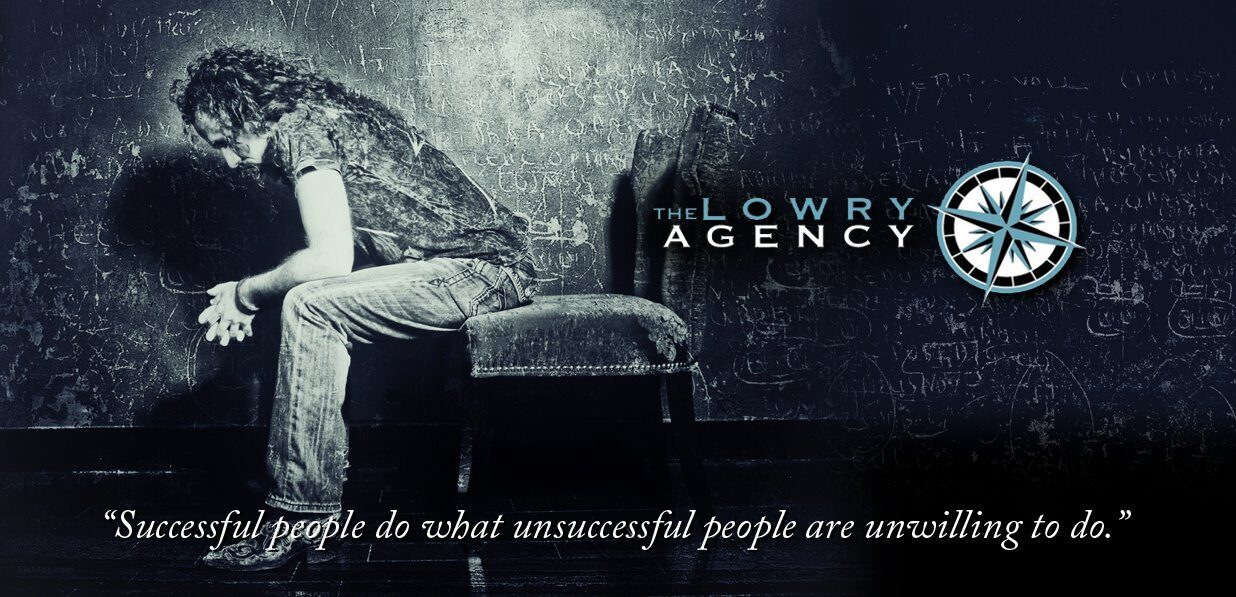The Comfort Zone
Often times when trying to make a career happen or anything else for that matter, we tend to stay in a safe place. We do only what we are strong in and never work on our weaknesses. You see this a lot with musicians practice routines where they only practice what they know and avoid what they don’t. We are scared to reach out and try something new. It might be technology, social media, new venues, new band members or numerous other things that make us nervous. We are scared of change in general, as is human nature. We shy away from what we don’t understand or from the unknown.
Unfortunately, we never know what is coming tomorrow and security is usually just an illusion. How many times have you experienced or watch someone loose a secure job, or a relationship that seemed secure and perfect only to find out it was far from the truth. It catches us by surprise and it’s a major shock to the system. It makes us nervous and scared to try new things, but in order to move forward, we need to step out of the comfort zone in order to grow.
A very popular quote from Albert Einstein is “The definition of insanity is to do the same thing over and over and expect different results”. In your artistic career, if you aren’t getting the results you need or desire, then you need to try something new. You need to do things that you don’t like or may not be comfortable with. You are responsible for making it happen especially since you are most likely doing this all on your own with out a team of people to help you. Another popular quote is “Successful people do what unsuccessful people aren’t willing to do”.
As an example everyone knows that social media is the future and most are already late getting to it. I have heard countless times from artists/entertainers that they don’t like doing social media. They don’t like twitter because it’s seems so trivial. “What do I say?”, What can you put in 140 characters?” or “I just don’t get it, it isn’t my thing.” These are the reasons or excuses that I hear for people not doing what is necessary for their careers. Let me tell you as an artist and business owner, there are a lot of things that aren’t “my” thing. I still have to do them to be visible and stay competitive.
In a world where the same big paying opportunities to be signed by a major label aren’t there, the artist has to find ways to get their product out there. There is none cheaper than social media and since most artists are always saying they aren’t making any money gigging, they have no reason to not use social media.
I am encouraging you to step out of your “comfort zone” and put together a plan that will help you get to your goals. Do the things you don’t like to do and you will be way ahead of those who aren’t and are at the same time setting yourself apart from the pack of mediocrity that is out there.
Good Luck!
